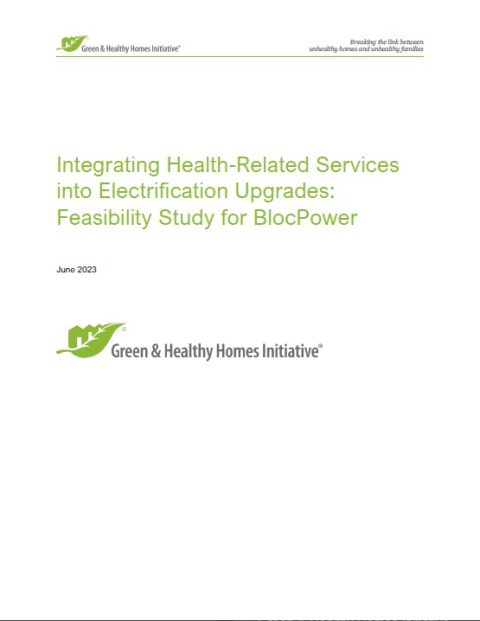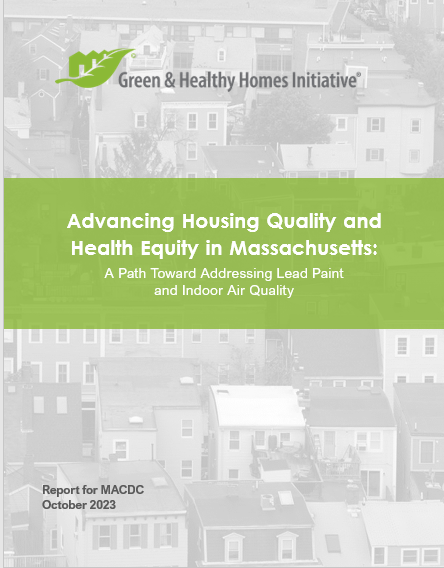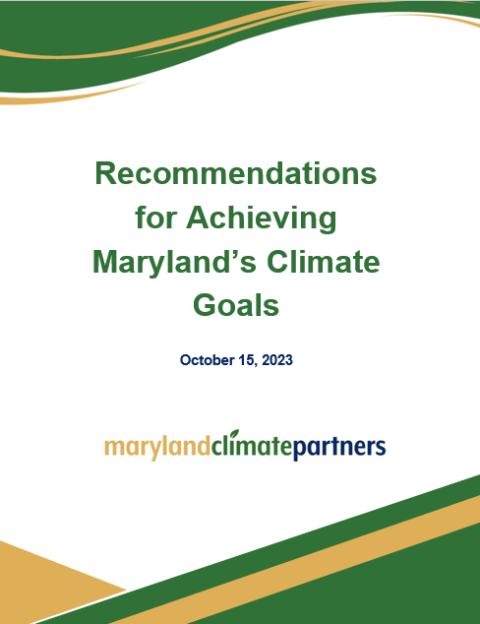Energy Insecurity, Energy Justice & Equity Measurements, Low-Income Weatherization & Energy Efficiency Programming: National & Maryland Policies
Toby Harris, one of our 2020 Interns from the Bloomberg School of Public Health at Johns Hopkins, wrote their Master Thesis on Energy Insecurity in Maryland. In this thesis, Toby conducted a deep analysis of energy insecurity in Maryland, particularly focused on low-income households and African Americans. Toby offered opportunities and recommendations for Maryland to achieve energy equity across the state, including the advancement of the low-income savings goal that we advocated for during this year’s legislative session. Toby also analyzed the impact that COVID-19 can have on energy insecure households in Maryland.
Executive Summary:
For many Americans, household energy use is a resource that is both considered necessary while being taken for granted. Yet more than 37 million Americans, mostly low-income and African American individuals, endure energy insecurity, or the inability to meet basic household energy needs. This essay characterizes the nature and extent of household energy-related inequities along economic and racial lines while exploring a framework for promoting energy justice. Federal and state energy efficiency and weatherization activities which can be used to alleviate energy inequities experienced by low-income and African American households across Maryland are then examined. Such energy efficiency and weatherization measures specifically address energy insecurity by upgrading a home’s energy infrastructure and improving overall housing conditions. Mechanisms Maryland has attempted to implement to achieve greater energy justice, notably proposed policies from the 2020 Legislative Session are next analyzed with the outlined energy justice framework. With increasing calls for equity from advocates in the energy sector in addition to longstanding, systemic injustices further exposed by the ongoing COVID-19 pandemic, it is critical energy efficiency policy be grounded in equity. Specific mechanisms and metrics are further outlined in order to track and measure progress towards achieving such equitable energy outcomes.
Adviser: Dr. Roni Neff
Second Reader: Jamal Lewis



